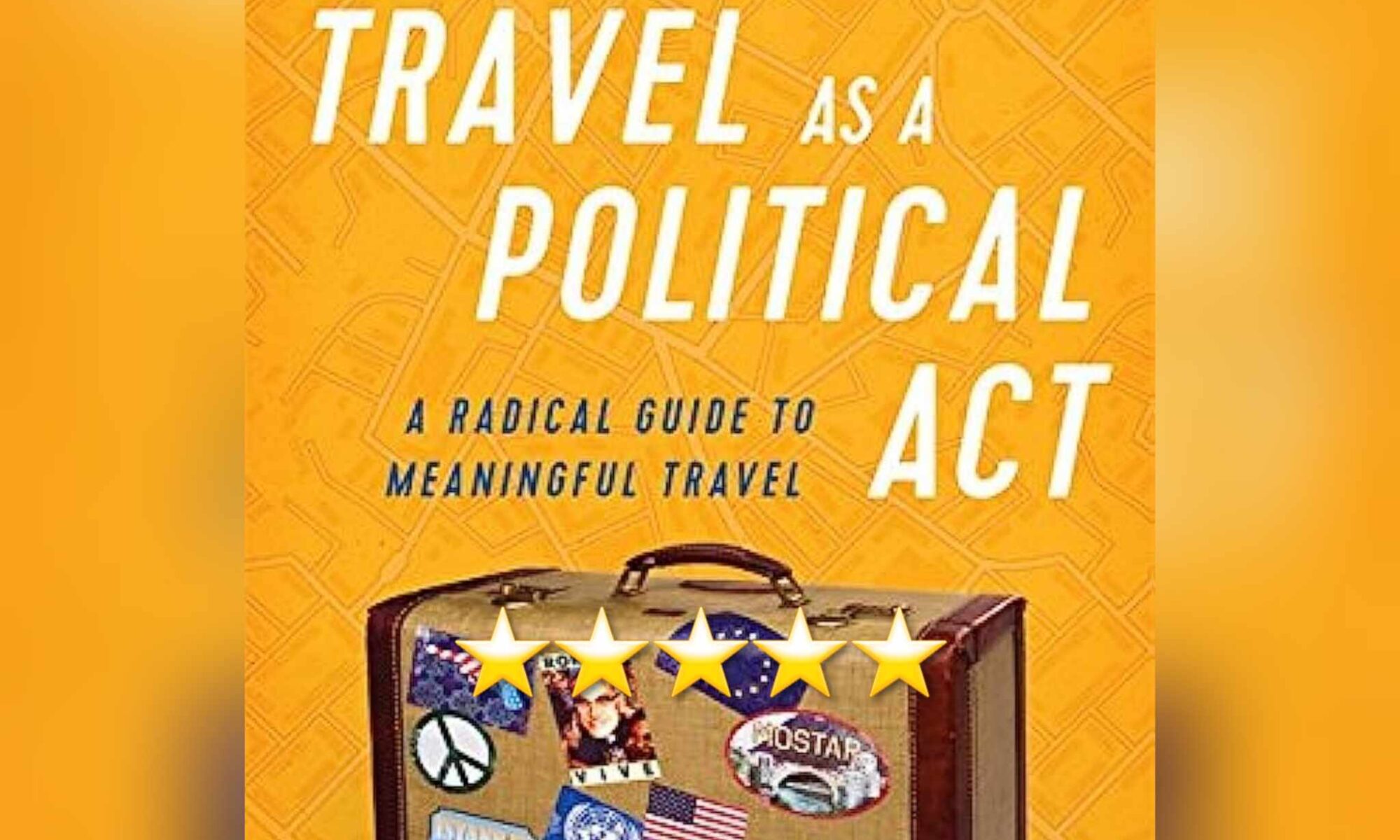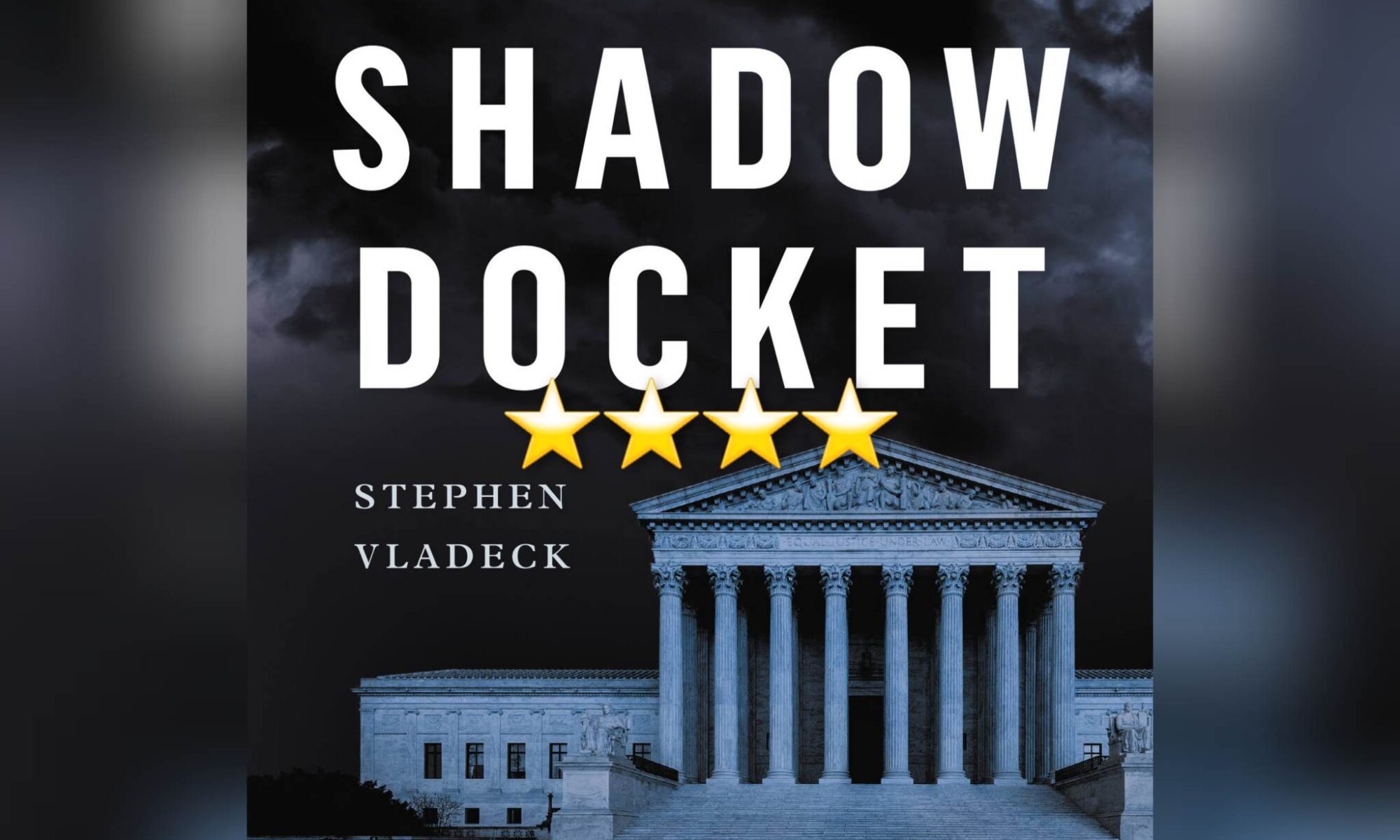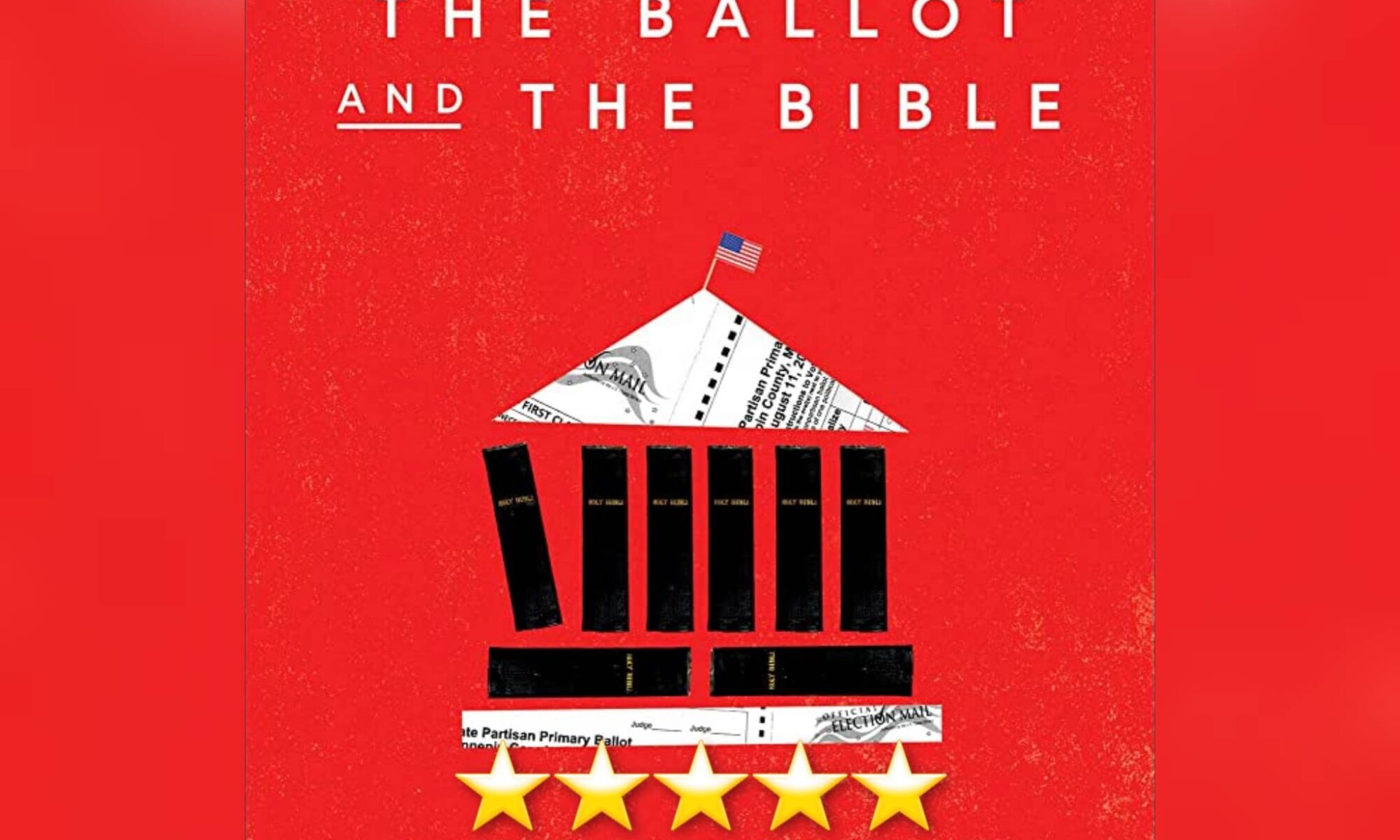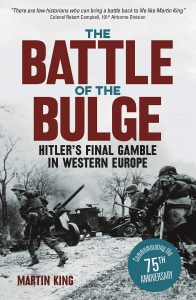Interesting Take On Travel. I fully admit to traveling more for leisure than learning and certainly more than being some kind of activist. I try to be a decent enough human being no matter where I am, whether that be in my own home or some far-flung place. And I actively try to avoid other nations’ political issues – and wish to God their own citizens would join me in that, rather than constantly complaining about some aspect of the US. Indeed, there is exactly *one* spot that still stands that I would potentially like to see for something other than leisure, and that is the town of Nocher, Luxembourg – where my grandfather earned his Silver Star and Purple Heart for his actions in the closing days of the Battle of the Bulge. Beyond that, I’m all about relaxing and enjoying the scenery – not activism – in my travels.
But here, Steves does a remarkable job in showing his own travel style and general philosophy, of always trying to make the world a better place, of constantly trying to understand the people of wherever he finds himself through their eyes, of perhaps trying in some small (or sometimes not so small) way to leave their land better for his having been there, even briefly.
It is certainly an interesting approach, and overall his thoughts on the places he has been and the things he has seen… well, your own mileage may vary quite greatly indeed based on your own experiences either as a native of those lands or as an American who may have different views. Some reviewers have called this book “racist”, and to be crystal clear: I did not see any hint of that at all in this text – or at least the Audible version of it I consumed. But I’m also a white dude who grew up in the Southern part of the US, in the land still literally scarred by my own country’s Civil War over 150 years ago – so there are likely many in the US and internationally who automatically and irrevocably think *I* must be a racist, just because of my skin color and where I am from. Ironically, the entire point of this book is basically dispelling similar notions mostly from an American audience looking to potentially travel to other lands or even inside our own vast country.
Overall this was an illuminating read that, when read at 1.8 speed on Audible and thus taking roughly half the time its over 10 hr actual runtime indicates, was actually quite enjoyable. Dare I say that it could even be a good read/ listen… while traveling yourself? 😉 Very much recommended.
This review of Travel As A Political Act by Rick Steves was originally written on August 2, 2023.




